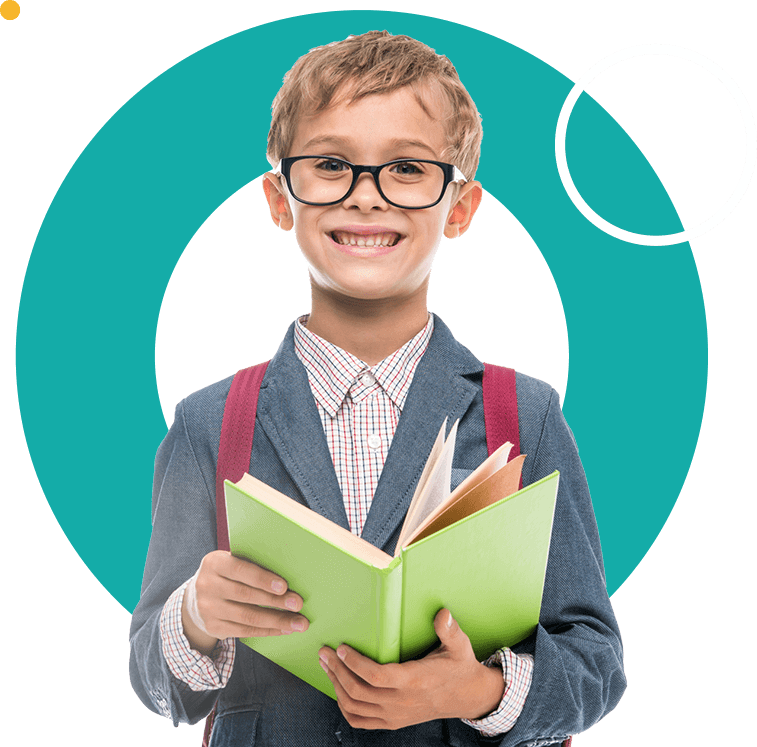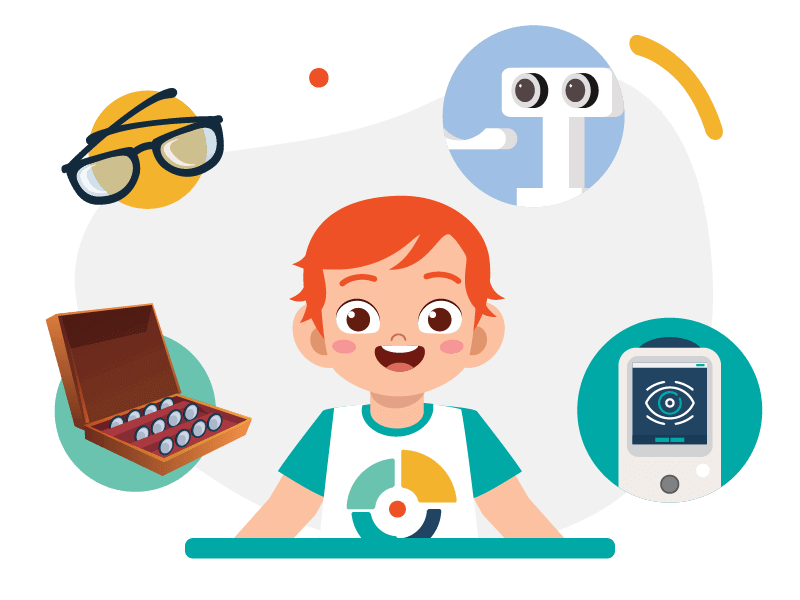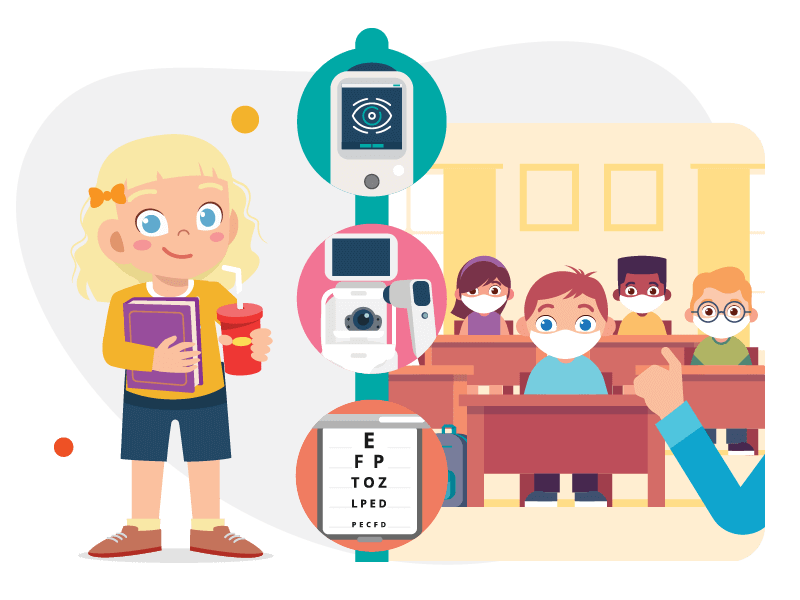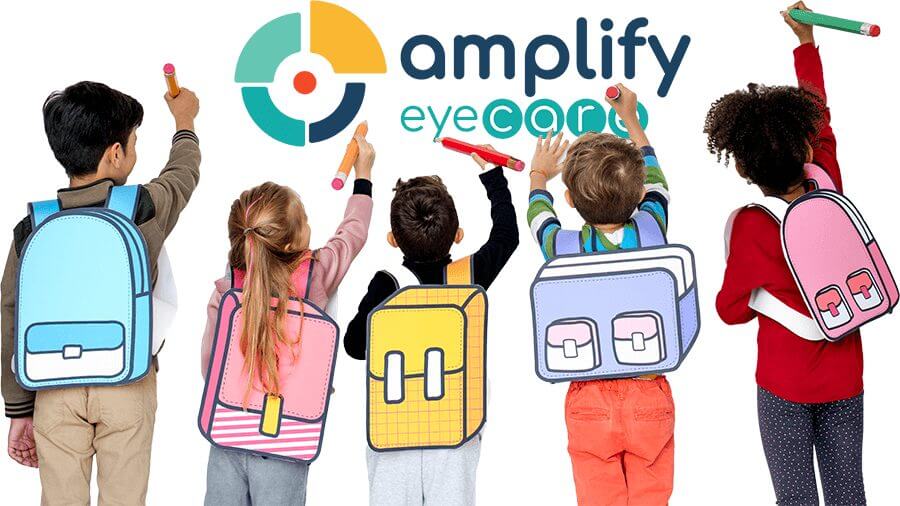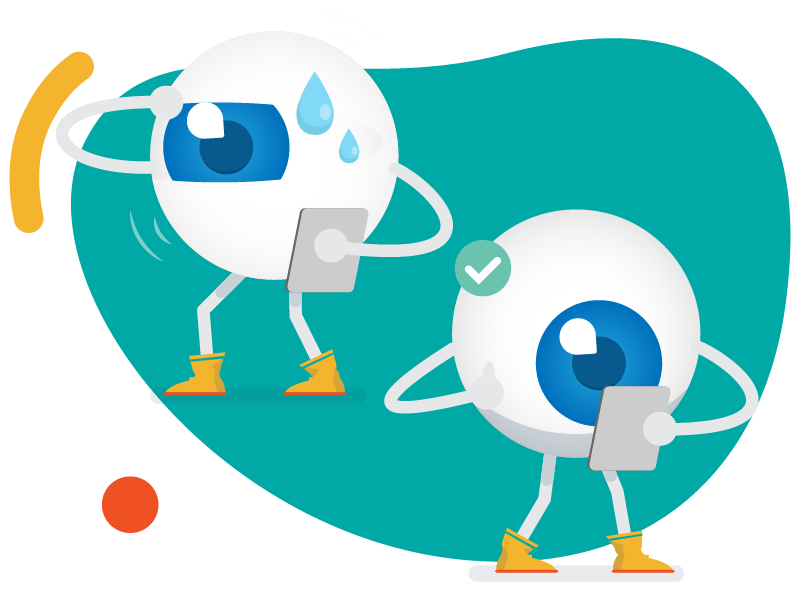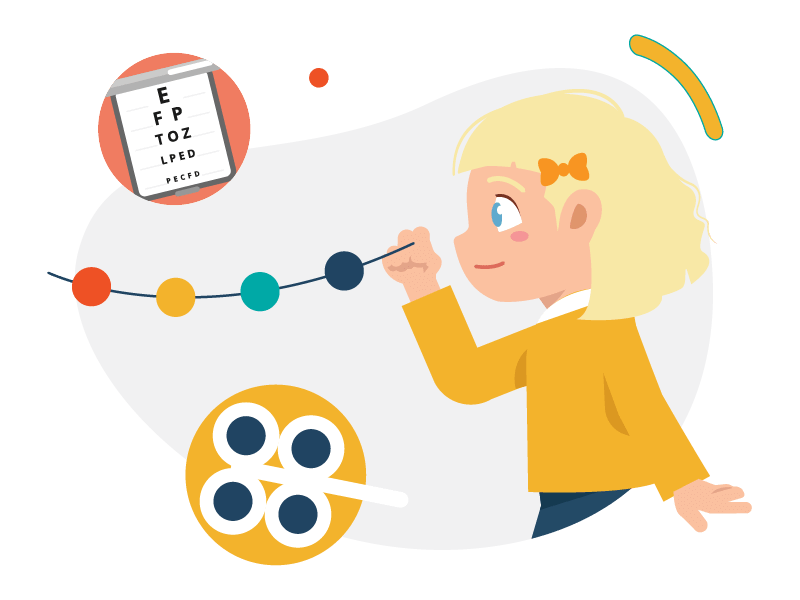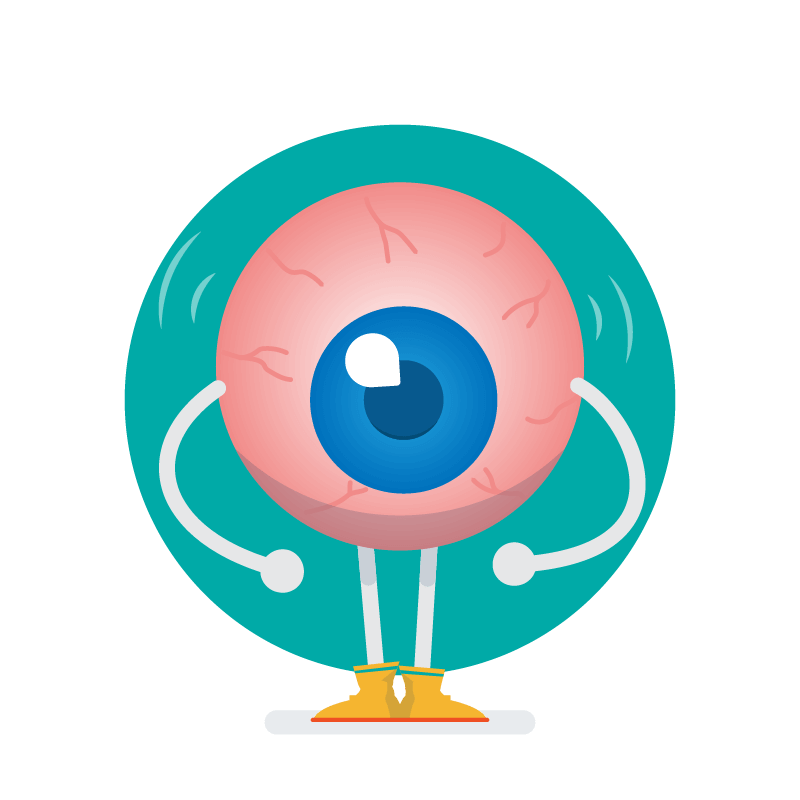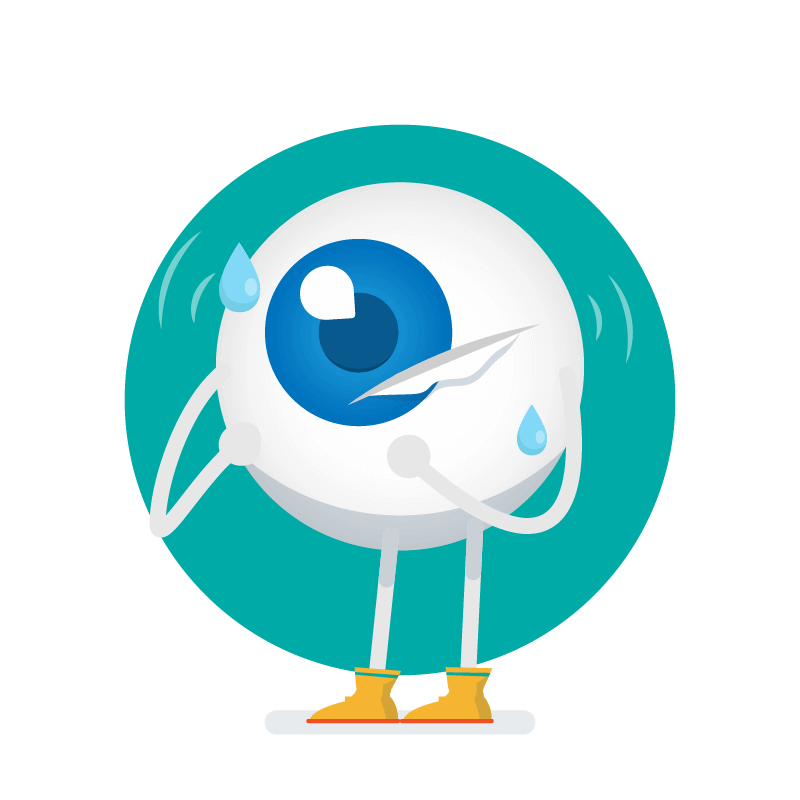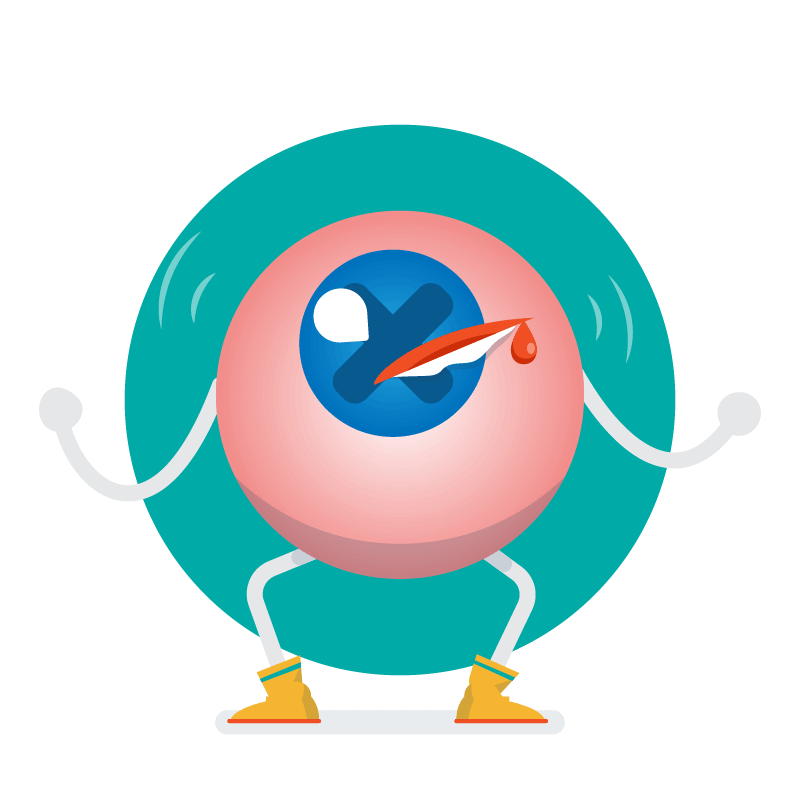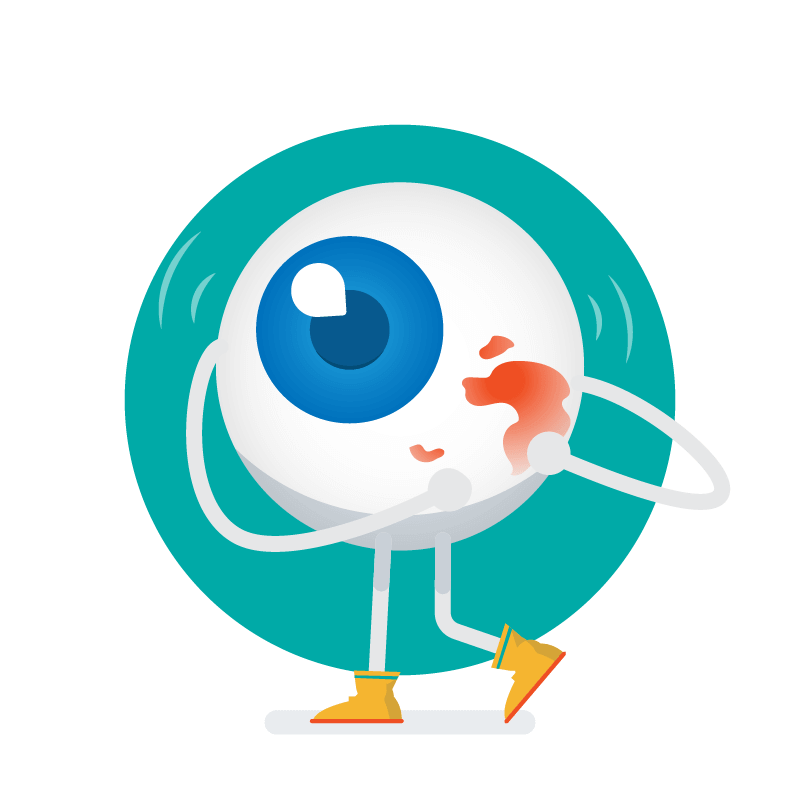Children with special needs like Autism Spectrum Disorder (ASD) and Down Syndrome often have unique vision needs. In fact, a 2018 study published in the Journal of American Association for Pediatric Ophthalmology and Strabismus found that up to 40% of children with neurodevelopmental disorders like autism have strabismus (eye turn), compared to 4% of the general population. Amblyopia (lazy eye), a common vision development disorder, is estimated to affect 2-3% of all children, but the prevalence can rise to 20% or higher in populations with developmental disorders.
ASD kids might find eye contact challenging, have focus issues, or are sensitive to light. For them, frequent eye exams are vital to track their vision development and detect and treat any eye conditions early.
Children with down syndrome might face vision issues such as blurry vision, misaligned eyes, or even cataracts. An early and thorough eye exam can help identify these issues and prompt treatments.
In all situations, regular pediatric eye care in a nurturing environment can significantly benefit these children. By following proactive eye care measures and regular check-ups, we aim to support optimal vision health for all children.

